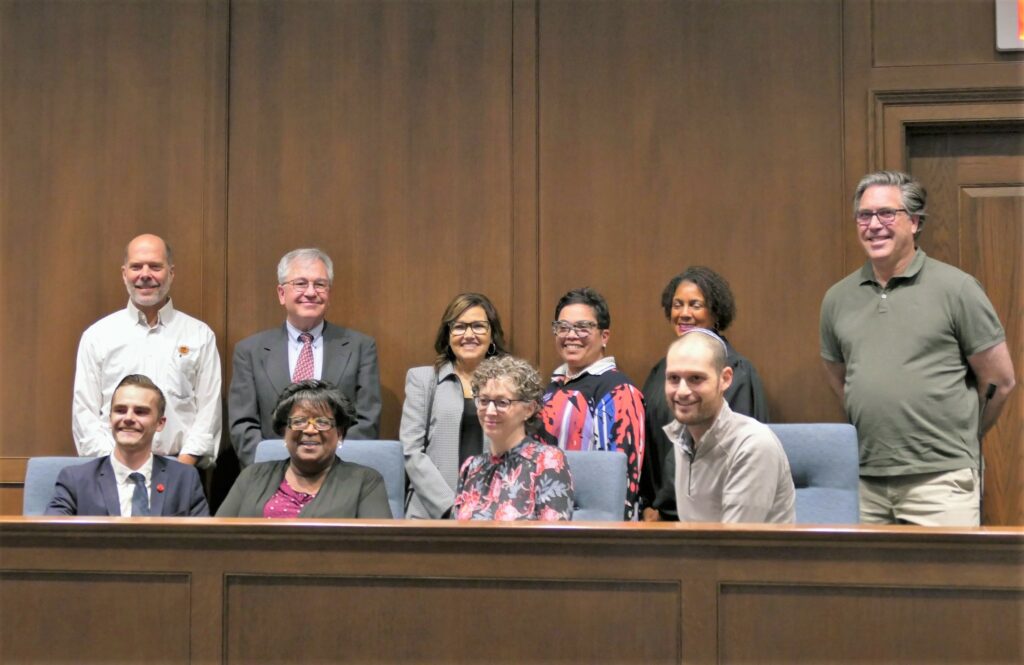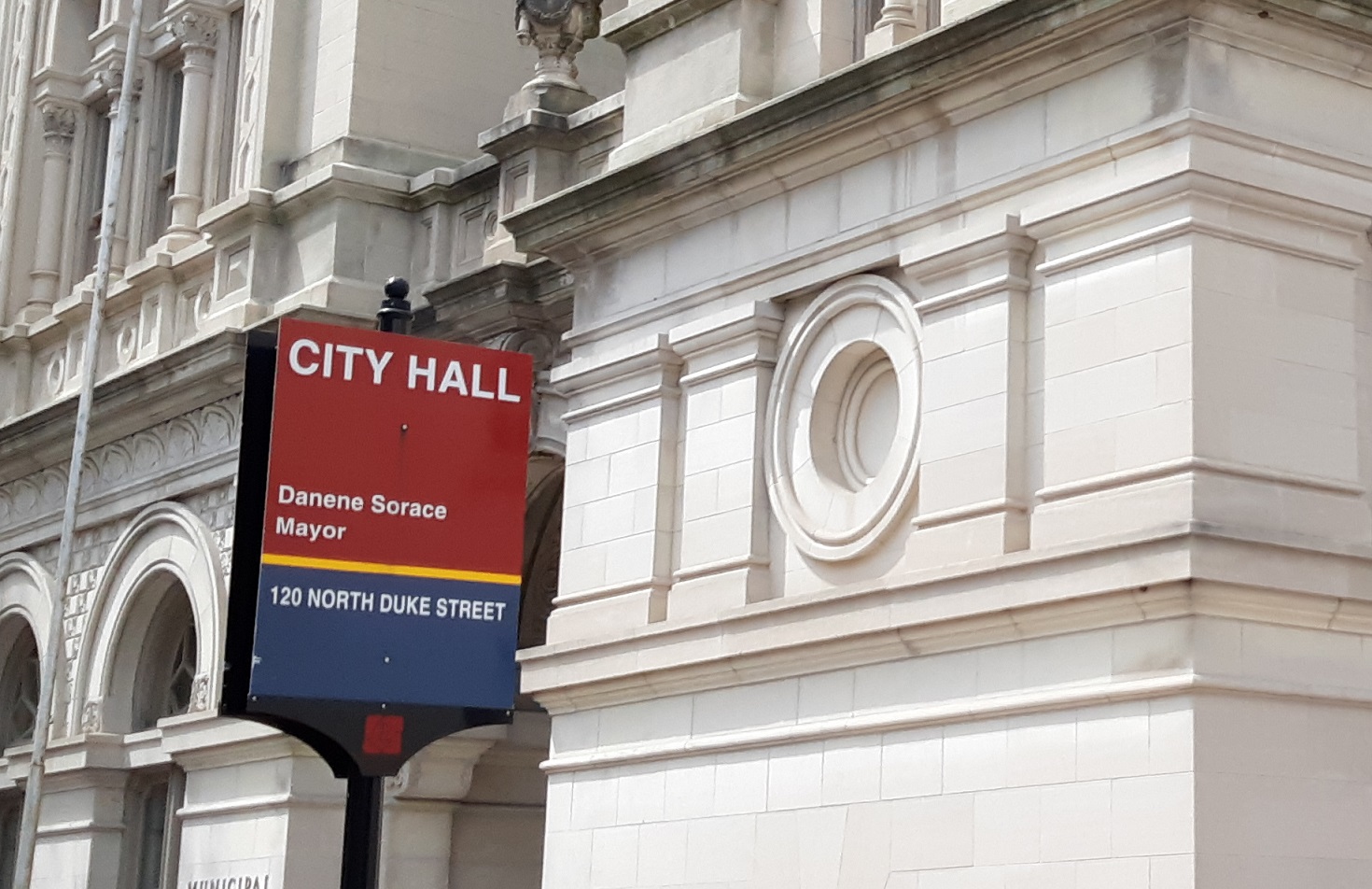Lancaster’s Home Rule Study Commission is still in the process of finding its sea legs.
On Thursday, members spent about a quarter of their roughly 100-minute meeting deciding on a process for interviewing city leaders. Members showed some frustration with each other as they wrestled their way through the mechanics of motions, amendments and votes and debated the merits of delaying the interviews to allow public input on interview questions.

Soliciting input from the mayor, City Council president and administration department heads is one of the first steps in the commission’s research into whether Lancaster’s government is working optimally under its existing structure. Interviews can be conducted three ways, the commission’s Pennsylvania Economy League consultants suggested:
- Written questions and responses, with optional in-person follow-up interviews as needed;
- In-person interviews, with each one conducted by one or two commission members;
- In-person interviews by the full commission.
In all three cases, questions would be decided in advance.
Member Carl Feldman proposed taking the in-writing approach, to general agreement. Member Tony Dastra then suggested putting the questions on the commission’s web page for public feedback before proceeding further.
That would incur unnecessary delay, Feldman objected. A motion to implement Dastra’s idea failed 3-4. After further discussion, Vice Chair Amy Ruffo and John McGrann proposed authorizing the commission’s chair to select three commissioners to develop questions with PEL.
Draft questions would be made accessible to the public via the city’s Home Rule web page before the commission’s next meeting on Aug. 3, giving the public and all the commissioners a chance to wiegh in before they are finalized.
That motion passed 6-1, with Darlene Byrd casting the “no” vote.
Feldman questioned the need to decide relatively routine matters like the interview format through formal motions and votes. The commission needs to work efficiently, and not get bogged down in procedure on every detail, he said.
Dastra disagreed: As a government body, it’s appropriate to make that sort of decision by vote, even if it’s “tedious,” he said.
Commission materials available online
The Home Rule Study Commission is now making its meeting materials available ahead of time through its dedicated page on the Lancaster city government website, cityoflancasterpa.gov.
The practice embraces the suggestion of city resident Linda Schreiner, who had urged the commission at its previous meeting July 6 to make documents accessible in advance and make it easier for the public to follow its work. Commission Vice Chair Amy Ruffo gave a shout-out to Schreiner on Thursday, thanking her for her “constructive feedback.”
For Thursday’s meeting, posted items included the municipal law study guides prepared for the commission by the Pennsylvania Economy League, the commission’s tentative schedule and a memo from PEL outlining next steps in the commission’s work.
The state’s governance framework
The bulk of the meeting consisted of PEL consultant Fred Reddig reviewing the state municipal laws that dictate Lancaster’s existing governmental structure.
He read at length through a series of provisions in the “Mayor-Council Plan A” portion of the optional third-class city charter law, which Lancaster adopted in the mid-1960s; and the Third Class City Code, which provides direction on matters the charter law doesn’t cover.
It’s a large amount of information, he admitted, but it provides the basis for the commission’s research into government operations.
Member Maxine Cook agreed that it’s a lot to digest, and asked, “Are there specific things that we should be looking for?” Reddig and PEL colleague Gerald Cross advised concentrating on the interplay between government divisions — for example, how responsibility for the budget is divided between City Council and the administration.
“Don’t exhaust yourself in detail,” Cross said.
Thursday’s meeting was an extra one, in addition to those regularly scheduled on the first Thursday of each month. Vice Chair Amy Ruffo presided in place of Chair Brian Adams, who was absent, as was member Peter Barber.
On Aug. 3, besides reviewing the draft questions for city officials, the commission is slated to hear a presentation from PEL on the city’s budget and will see a first draft of its own budget.
The latter document is being prepared as part of a grant submission to the state Department of Community & Economic Development, which is expected to cover the commission’s expenses.






